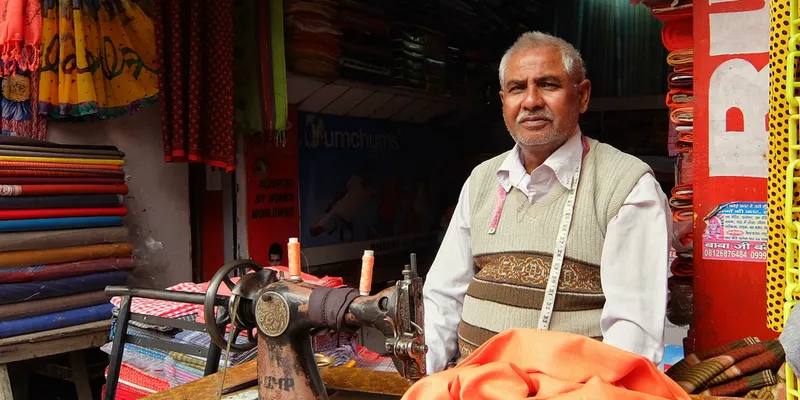MSMEs constrained by current Special Economic Zone Policy: Baba Kalyani Group Report

A recent report by the Baba Kalyani Group on Special Economic Zone (SEZ) Policy revealed that the current policy has significant constraints for micro, small and medium enterprises (MSMEs). It noted the constraints existed despite the high importance of MSMEs in the Indian economy, and the host of measures taken by the Central Government to promote the sector.
The report is titled ‘Revitalising SEZs: From islands of exports to catalysts of economic and employment growth’. It added that the government needs to integrate MSMEs into the 3Es (Employment and Economic Enclaves) through its schemes, and focus on enabling or facilitating these measures.
According to a World Bank report, MSMEs account for more than half of all formal jobs worldwide, the report noted. The Group also found that the major advantage of the MSME sector is its employment potential at low capital costs. Its data revealed that the MSME sector was the second-largest employer in India, after agriculture. Further, MSMEs accounted for 28.24 percent of India’s exports coming from SEZs in 2016-17.
However, the Group noted the following constraints - minimum area requirement, infrastructure costs, disintegrated sourcing pattern, and other associated costs, along with compliance requirements. But these can be addressed through an inclusive approach for MSMEs in the SEZ landscape in terms of sustained policies, programmes, and institutional and infrastructural support. The report stressed that this can foster a collaborative working model across different players along the value chain.
For instance, MSME clusters operating in close proximity with support units can enable creation of high value goods. The report was made by a group consisting of SEZ stakeholders led by Baba Kalyani, Chairman and MD, Bharat Forge Ltd. Suggestions on the report can be sent to moc_epz@nic.in by 30th January, 2019.







